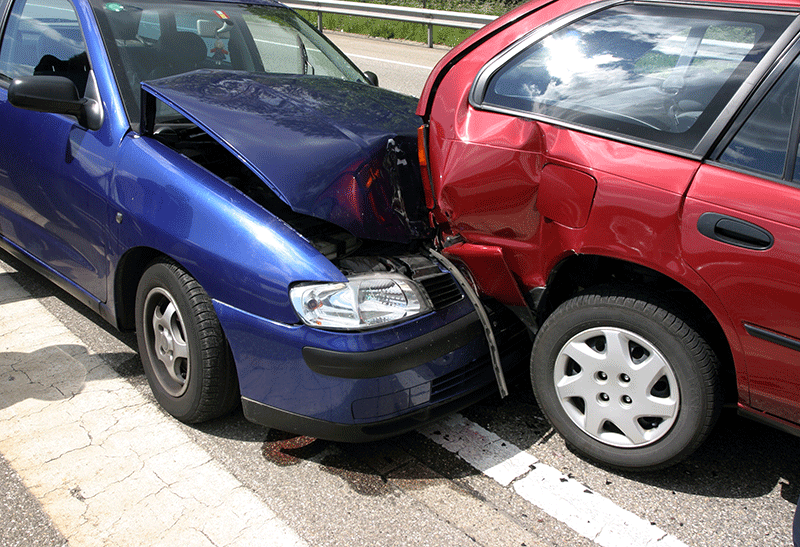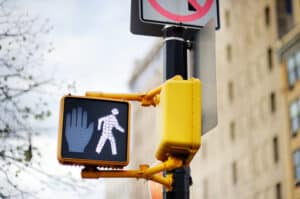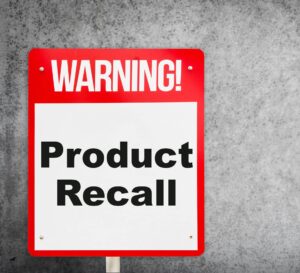
A recent case decided by the Georgia Court of Appeals, Anderson v. Lewis, has helped to further define the application of Georgia’s family purpose doctrine. This case involved a Georgia auto accident. The driver that caused the accident was driving his grandfather’s vehicle at the time. The plaintiff, Teena Anderson, named both the grandson and the vehicle owner, the grandfather, as defendants. Anderson claimed that the latter should be liable according to the family purpose doctrine.
The Family Purpose Doctrine
Typically, a person is not liable for the negligence of someone else. But sometimes, as a matter of fairness, it is necessary to look beyond the person directly responsible to see if other parties should be obligated to compensate the victim. This is called vicarious liability. The most common application of vicarious liability occurs when employers are sued for the negligence of their employees. However, vicarious liability can also apply to family members.
Under Georgia’s family purpose doctrine, “when an owner of a vehicle maintains the vehicle for the use and convenience of his family, that owner may be held liable for the negligence of a family member who was using the vehicle for a family purpose.” Therefore, when a family member causes an auto accident while driving the family car in service of the family, for instance by getting groceries or giving a family member a ride, the car owner may be liable. The legal basis for the family purpose doctrine comes from Georgia case law, as well as from Georgia’s vicarious liability statute, which states that “every person shall be liable for torts committed by his wife, his child, or his servant by his command or in the prosecution and within the scope of his business, whether the same are committed by negligence or voluntarily.”
Application of the Doctrine in Anderson
It was clear that the family purpose doctrine applied in Anderson. The grandson was found to be using the vehicle for a family purpose when the accident occurred. However, the plaintiff was unable to serve the grandson with notice of the lawsuit, and without service of process a party cannot be sued. The claim against the grandson was therefore dismissed.
After that, the grandfather argued that since the driver was no longer a defendant, the claim against him should also be dismissed. He argued that vicarious liability can only apply when the party that directly caused the accident is found to have been negligent. If the party accused of causing the accident is found not to have been negligent, then there can be no vicarious liability. Georgia law is clear that if there is “a judgment on the merits in favor of the servant” then there cannot be vicarious liability against the master. The trial court agreed with the grandfather’s argument and dismissed Anderson’s claim. Anderson appealed.
The Appeal Court’s Opinion
The Court of Appeals of Georgia overturned the trial court decision. Although the claim against the grandson was dismissed, it did not constitute a “judgment on the merits.” There was never any judicial determination that the grandson wasn’t negligent. Therefore, even though the grandson was no longer a party to the lawsuit, the Court of Appeals held that Anderson could still continue on with her lawsuit against the grandfather. This case shows that the family purpose doctrine can apply against a defendant even if the family member directly responsible is not a defendant in the lawsuit.
Find the Best Georgia Car Accident Attorney for Your Case
The State of Georgia has many attorneys that handle car accident claims. Some are very good and others are not. If you are considering hiring an attorney for your case, you should consider interviewing more than one firm before making your decision.
If you schedule a free consultation with one of our experienced Georgia personal injury attorneys at Williams Elleby Howard & Easter, we can help you understand whether the family purpose doctrine may apply in your case. Victims of accidents caused by the negligence of someone else deserve to be compensated for their harm.
Williams Elleby Howard & Easter, is a law firm dedicated to providing knowledgeable, accessible, and effective service to each of its personal injury clients. Our attorneys handle all types of personal injury claims throughout the State of Georgia, including auto accidents, workplace injuries, defective products, premises liability, and malpractice cases. We offer free consultations and accept cases on a contingency fee basis, meaning our clients don’t pay a dime in attorney fees unless and until we win their case. To schedule a case evaluation, call Williams Elleby Howard & Easter, today at 833-LEGALGA.






